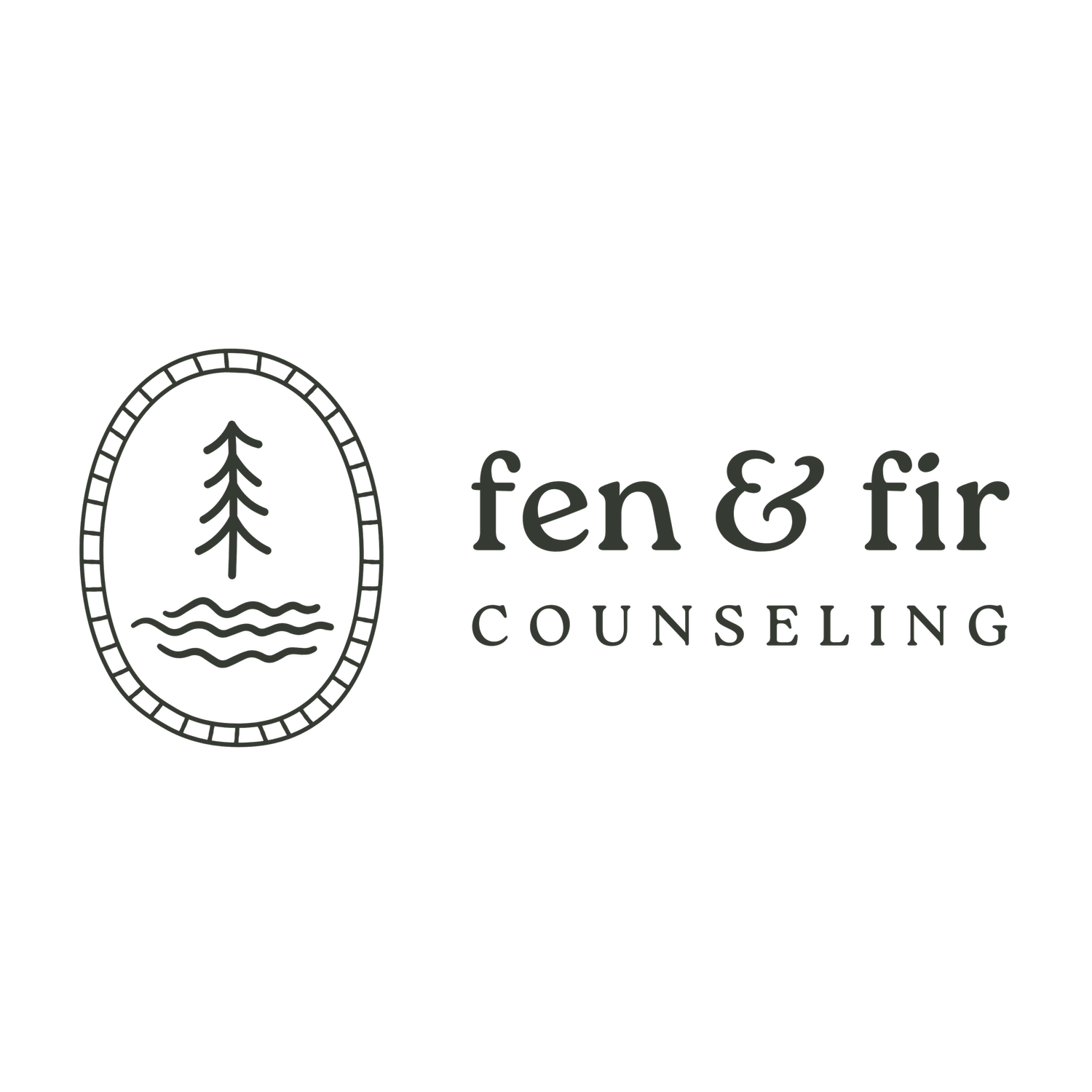How Hobbies Helped Me Heal - from A Washington State Therapist
In previous years, I've considered myself a “serial hobbyist”. I tried one hobby after the other, waiting for something to stick. I picked up cross stitch, culturing sourdough, and running to name a few. Over time I'd lose interest. Remnants of discarded passion projects would then lay around my house, untouched and ignored. While my desire to try lots of new things was driven by novelty and curiosity, I also realized that I was limited by something else. Over time I would get discouraged, believing that I am not doing this thing well enough, and give up.
At some point I got curious about this pattern. Noticing that my own perfectionism was getting in the way of my enjoyment. I was focused on putting out a finished product – neat stitching, light and airy bread, and a 6 minute mile. This became distracting, frustrating, and ultimately defeated my desire to continue if I couldn’t get it right the first few times. Focusing on the end result also took me out of the moment, robbing myself of the opportunity to grow.
Two years ago I decided to get serious about sewing – no small job. Many women in my family were accomplished seamstresses and I admired their ability to create something beautifully unique out of a few yards of fabric. This time I had to have a different perspective – I knew that I would not be a pro from the start. I had to set realistic expectations and give myself permission to mess up.
Instead of obsessing over masterpieces, I focused on the process of making. Finding the fabric I wanted was like a treasure hunt up and down the isles of the thrift store. Cutting every piece of the pattern I noticed I couldn't cut in a straight line – I felt frustration rise up in my chest but worked on letting it go. My craft continued as I learned how to thread a needle and fill a bobbin. Experimenting with pattern modifications, ripping out seams that I’d put on the wrong edge, and continuing to remind myself that this is all part of it. Over time and after many projects, I began enjoying the creative process more and more.
While I have been able to embrace this shift in perspective, I still have to remind myself to slow down. Sometimes I’m annoyed that my project isn’t coming out the way I'd hoped or I think I’ve messed it up completely. Sometimes I want to quit. Instead, I practice coming back to the process in itself.
Sitting with perfectionism and a productivity driven mindset doesn’t change overnight. Many of the clients I work with in individual and couples therapy bump up against this part of themselves. Oftentimes this part of us comes from a place of self-protection, a desire to achieve, and from living in a society that wants us to hustle - constantly.
Does this serve us? Sometimes yes, sometimes no.
Driving for success and accomplishment has helped me in some aspects of life. I work hard and care a lot about what I invest my time into. I’m multi-passionate and excited to try new things. I also found myself placing a lot of value on what I was able to produce. Over time perfectionism had disconnected me from other values – creativity, growth, presentness, and self-compassion.
I have found healing work can draw a strong parallel to this. Everyone says that “healing isn’t linear” and that’s true. Perfectionism can pop up, pushing us to get “better” quickly and effectively. However, therapeutic work can take many different forms and often doesn’t look as neatly as we might want it too. We move forwards, backwards, and sometimes inch along day by day. If we can take a wider perspective, we can see that all of this belongs.
In the therapy world there is a term called “equifinality.” It is the principle that a system can reach the same outcome, even from different starting points or pathways. Even if your path doesn’t look how you thought it would, you are still on it. Change can be slow and is hard won. It can be difficult to see the progress we have made if we are only focused on wherever we are trying to arrive. We can forget to appreciate ourselves for all we are – even the imperfect messy parts.
Similarly to learning a new hobby, working on changing things for ourselves and our relationships takes time. When we focus solely on “arriving” at an outcome, we can lose sight of our progress and miss important things happening around us. Giving yourself permission to mess up, show up imperfectly, and honestly learn is a window for self compassion and understanding. So give yourself permission to show up imperfectly, you may grow in ways you never thought possible.
—
Let’s Connect
I'm Kelsey Graham, owner of Fen & Fir Counseling, offering virtual individual and couples therapy to clients across Spokane and Washington state.
If this message resonates with you and you’re ready to take the next step in your personal work, I invite you to request a free consultation here or email me at kelseygraham@fenandfircounseling.com.
I would be honored to support you.
—
Disclaimer: this post is intended for educational and entertainment purposes only. It does not substitute or provide mental help.

